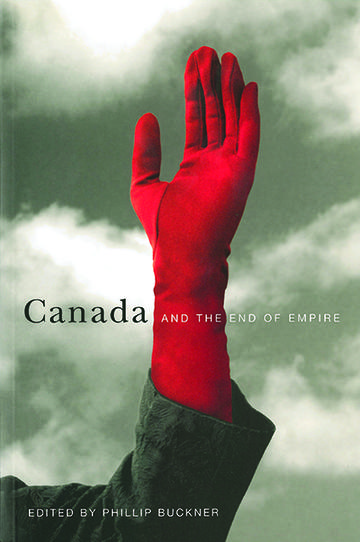About BC Books Online
BC Books Online was created for anyone interested in BC-published books, and with librarians especially in mind. We'd like to make it easy for library staff to learn about books from BC publishers - both new releases and backlist titles - so you can inform your patrons and keep your collections up to date.
Our site features print books and ebooks - both new releases and backlist titles - all of which are available to order through regular trade channels. Browse our subject categories to find books of interest or create and export lists by category to cross-reference with your library's current collection.
A quick tip: When reviewing the "Browse by Category" listings, please note that these are based on standardized BISAC Subject Codes supplied by the books' publishers. You will find additional selections, grouped by theme or region, in our "BC Reading Lists."
Sir John Seeley once wrote that the British Empire was acquired in “a fit of absence of mind.” Whatever the truth of this comment, it is certainly arguable that the Empire was dismantled in such a fit. This collection deals with a neglected subject in post-Confederation Canadian history – the implications to Canada and Canadians of British decolonization and the end of empire.
Canada and the End of Empire looks at Canadian diplomatic relations with the United Kingdom and the United States, the Suez crisis, the changing economic relationship with Great Britain in the 1950s and 1960s, the role of educational and cultural institutions in maintaining the British connection, the royal tour of 1959, the decision to adopt a new flag in 1964, the efforts to find a formula for repatriating the constitution, the Canadianization of the Royal Canadian Navy, and the attitude of First Nations to the changed nature of the Anglo-Canadian relationship. Historians in Commonwealth countries tend to view the end of British rule from a nationalist perspective. Canada and the End of Empire challenges this view and demonstrates the centrality of imperial history in Canadian historiography.
An important addition to the growing canon of empire studies and imperial history, this book will be of interest to historians of the Commonwealth, and to scholars and students interested in the relationship between colonialism and nationalism.
Phillip Buckner is Professor Emeritus of History at the University of New Brunswick and Senior Research Fellow at the Institute of Commonwealth Studies at the University of London.
This stimulating volume is not the last word but may, as Buckner hopes, inspire more scholars to look at Canada and its identity through the lens of the fading British empire. This volume sets a high standard for future authors to match.
This timely collection consists of a comprehensice introduction and eighteen impressive chapters that rally around the theme of identifying, examining, and explaining Canada’s devolution from the British Empire. A strength of this collection is that it self-consciously reveals the politics of writing history, potentially reopening old wounds and inflicting fresh ones. Buckner has marshalled a relevant and knowledgeable group of contributors, and the book offers dense and thorough coverage. In a collection concerned to capture how historical change occurred, the comprehensive coverage of individual actors is particularly welcome.
Overall the book is useful in giving substance to a process that many historians have recognized but few have analyzed in any depth … the volume as a whole adds significantly to this important change in Canada’s sense of itself and its role internationally.



